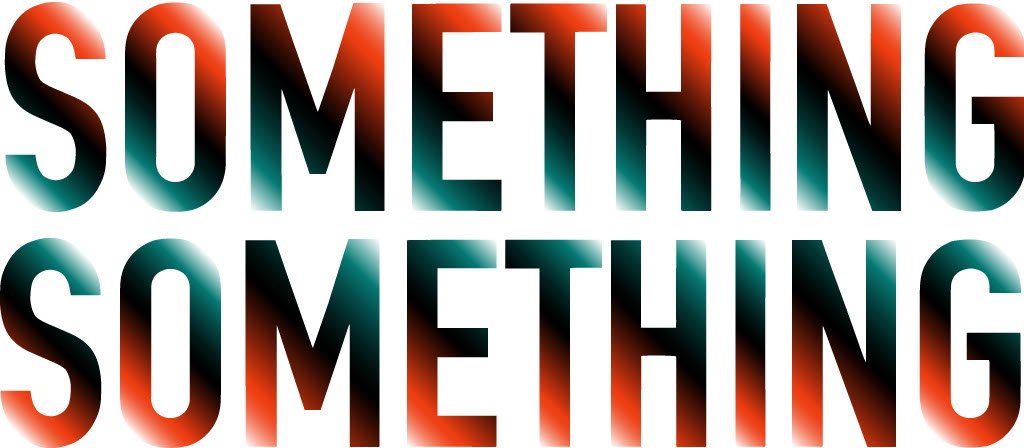Looking Back on Kiwi Music - Early History (1/2)
New Zealand is a young country, in terms of both geology and colonisation. Our history doesn’t hold the same novelty as thousand year old ruins, but there is a wealth of knowledge to be gained from looking back. To understand the evolution of our culture, we can follow the stories. And no story tells the cultural tale better than music. From cultural roots to the modern industry, this series aims to paint a picture of our nation’s music, and highlight what makes us unique as a country.
A Heritage of Tradition
Tāngata Whenua (people of the land) have a rich cultural heritage in traditional music, particularly through the forms of waiata and haka. Often used for ceremonial purposes like "pōwhiri" (welcoming ceremonies) and "Tangi" (funeral rites), these forms hold significant meaning for various iwi (tribes). Alongside voice, a range of traditional instruments were used. These include “pahū” (a wooden percussion instrument), "pūrerehua" (a spinning instrument), and "pūtātara" (a conch shell trumpet). Mōteatea are chanted poems, often very ancient, passed down through generations. Haka was a sign of strength and unity, performed when welcoming guests or before battle. We now see it in rugby, a challenge unique to the islands of Oceania.
These forms did not adhere to western scales and rhythms, often employing microtones or irregular timing to convey an emotion or story. The music is deeply intertwined with other aspects of Māori culture, including dance, art, and spirituality. The longevity of these forms in modern times highlights the value of our multicultural perspective. These remarkable indigenous art forms are an essential foundation to our nation’s identity.
Colonists and their Musical Influence
The European forms were very different, and colonisation in the late 18th century marked the beginning of a colonist-influenced music culture. New Zealand became an official British colony in 1840 with the signing of the Treaty of Waitangi, after many years of frequent involvement with explorers, missionaries, traders, sailors and ‘runaways’, furthering the external influence. Religious settlers introduced hymns, psalms, and other forms of church music. Choral classes began as early as 1852 in Lyttelton. Instruments like the fiddle, concertina, and flute were common on board the first colonist ships. Many of the early folk songs captured the essence of life on the frontier. Early music from the trades of whaling and sealing, later on about gold mining and agriculture.
Māori composers began to take inspiration from western forms in the mid 19th century. Settlers drew inspiration from Māori culture as well, with certain songs enduring in both Pākehā and Māori oral traditions. The 20th century saw numerous examples of this cross-cultural influence, with a number of popular western styles sung in te Reo.
World Wars and the Birth of an Industry
The World Wars were a catalyst for our national identity. New Zealand began to emerge as more than just a British outpost. The government secured the 'God Defend New Zealand' copyright in 1940, making it our national hymn for that year’s centennial, although it didn't become the official anthem until 1977. In 1944 an arrangement of ‘My own New Zealand Home’ composed by John Grigg in the late 1800s was made in support of our troops in World War II. For a time it became the country’s unofficial national anthem, as we were still using the British anthem.
The first record produced in New Zealand was the song “Blue Smoke'', written by Māori soldier Rangi Ruru Wananga Karaitiana. Recorded in 1948 with a quintet and Pixie Williams, it was released the following year. Its distinct island sound – peaceful and melancholic – resonated nationwide. The record sold over 20,000 copies in the first year, marking the birth of the Kiwi music industry.
This is just scratching the surface of our history, but follow the links if you want to dig deeper. The next article will pick up from the 1950s, following the great artists that helped put New Zealand on the world stage.
Author: Destin Finn
